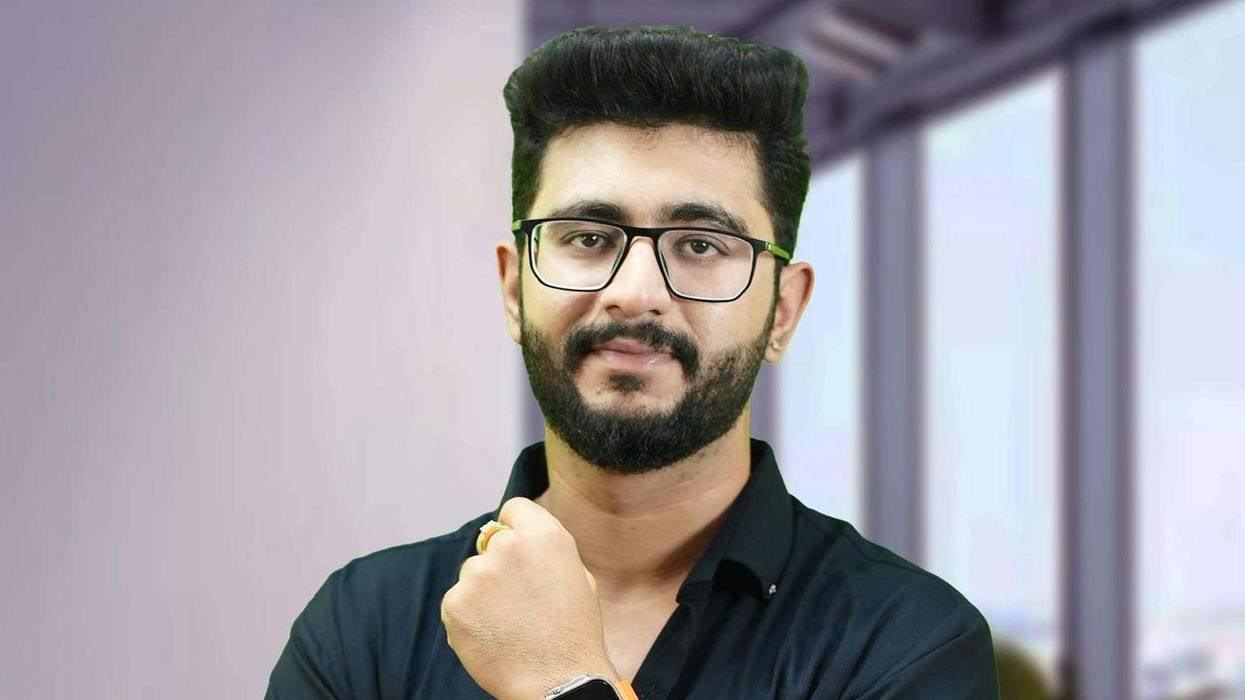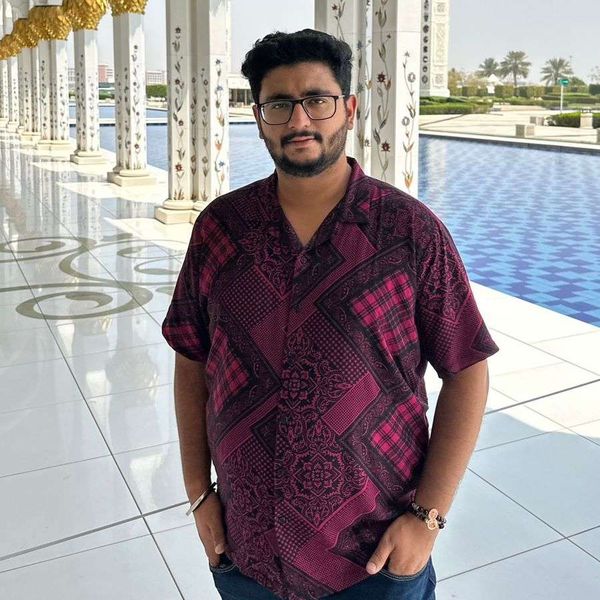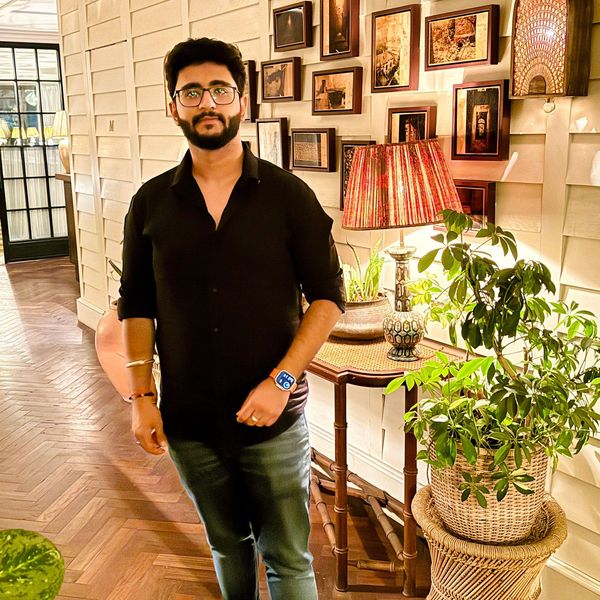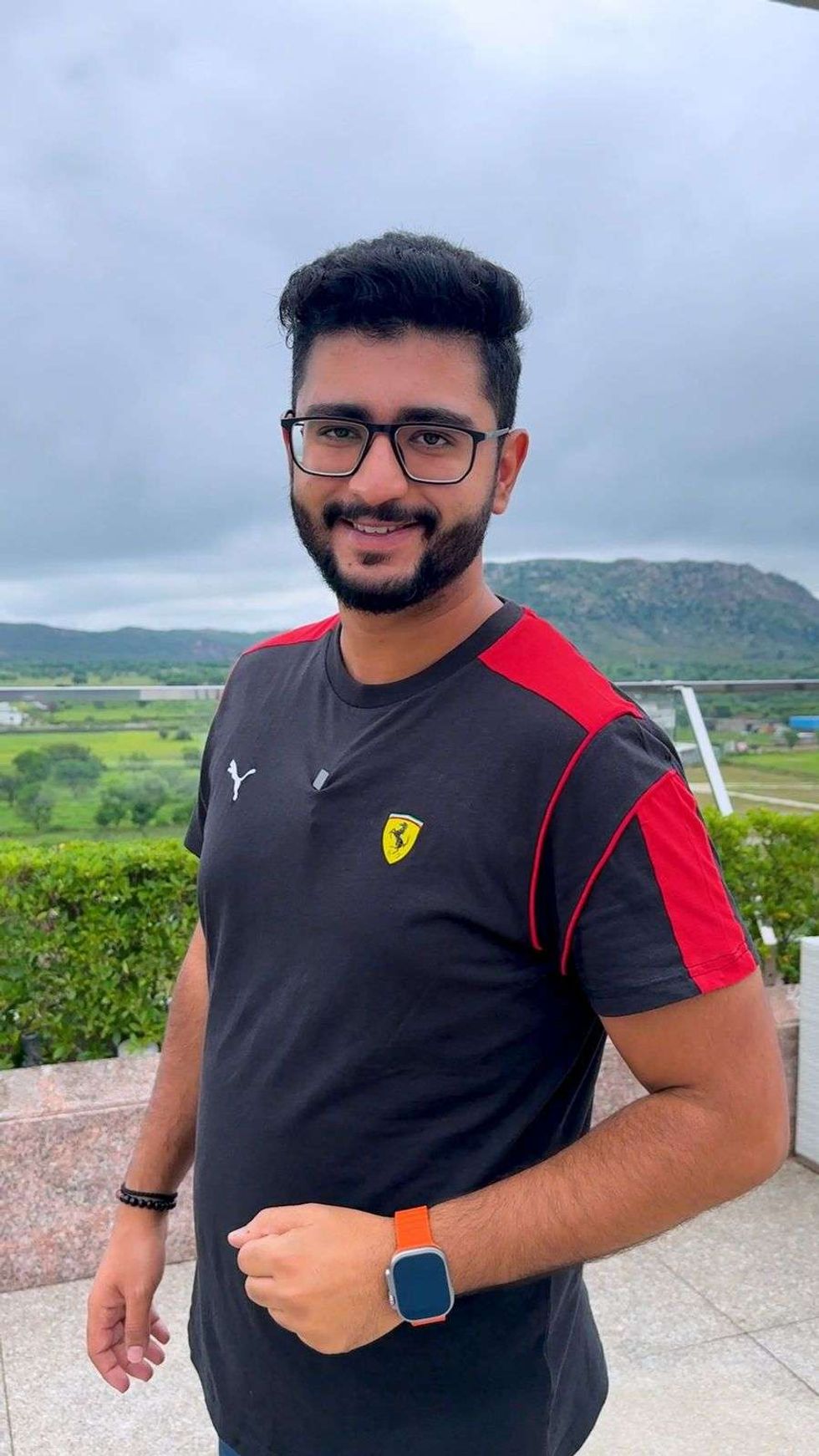A NEW survey has revealed that only 56 per cent of Indian-origin people in the UK would take a Covid-19 vaccine and women are less likely to take a jab over fertility concerns.
The research by the 1928 Institute follows concerns about a lower uptake of Covid-19 jabs among Britain's ethnic minority populations and is calling on the authorities to fund a clear and concerted public health campaign tailored to the British Indian community.
“Despite being one of the hardest hit communities by Covid-19, British Indians show reluctance in taking a vaccine. Much of this reluctance stems from the community saying they do not feel informed enough about the vaccine, its benefits and its impact,” says the report titled ‘Vaccines, The Pandemic and British Indians'.
“A clear and concerted public health campaign, tailored to our diverse community, to assuage doubts amongst British Indians is needed. An example of this would be campaigns in different languages and co-produced with community leaders and influencers.”
The report covers the responses of over 2,320 Indian-origin people between July and December 2020.
Majority of respondents (56 per cent) said “yes” or “absolutely yes” to taking a Covid-19 vaccine, but the often selected response was 'unsure' about taking a vaccine (31 per cent).
They expressed concerns that vaccine production has been rushed and that there may be potential unknown long-term effects, with women highlighting inadequate testing on women's fertility and the impact on pregnancy.
"Covid-19 commonly elicits fever and low oxygen levels during pregnancy, both of which have been shown to cause birth defects in babies. A vaccine has the potential to negate this impact, however the impact of the vaccine itself has not been tested enough,” said Dr Nikita Ved, Research Fellow at the University of Oxford and Co-Founder of the 1928 Institute.
“The UK government must fund awareness campaigns to improve confidence around taking the Covid-19 vaccines, especially amongst British Indians and other black and minority ethnic groups. Community leaders and influencers must highlight that the vaccines are safe and dispel the misinformation being spread over WhatsApp."
The pandemic had a considerable impact on the mental health of British Indians, with 39 per cent of respondents saying it has worsened their mental health, followed by 29 per cent worsened physical health.
“As a British Indian and a frontline healthcare professional, I know first-hand the devastation that COVID-19 has had on our community and those around us. We have been affected more than most,” said Dr Ranj Singh, a National Health Service (NHS) doctor and award-winning TV presenter.
“It worries me that despite this, many of us are still reluctant to follow guidance or get vaccinated. This needs to change, and that starts with trying to understand why. This overdue report goes a long way to finding out those reasons, and will be instrumental in helping us find the solutions we desperately need."
The survey also highlighted culturally-sensitive data, including on funeral rites, with a large majority of respondents wanting it to be made easier for families to opt for sustainable 'open-air' cremations in line with Indian practices.
Traditional healthcare practices and Ayurvedic medicine were also flagged as important to a large number for their mental and physical well-being during the lockdown.
A recent survey by the Royal Society of Public Health has found that Asian communities are less likely to take a Covid-19 vaccine compared to white respondents.
It has led to several community-led drives within temples, gurdwaras and mosques to spread greater awareness around the safety of the vaccines being administered among those most at risk of dying from coronavirus.






 The idea was simple yet ambitious: build a platform that provided authentic, well-researched information AMG
The idea was simple yet ambitious: build a platform that provided authentic, well-researched information AMG One of his most frequent recommendations: track every rupeeAMG
One of his most frequent recommendations: track every rupeeAMG From building communities around cars to transforming how young Indians perceive moneyAMG
From building communities around cars to transforming how young Indians perceive moneyAMG






